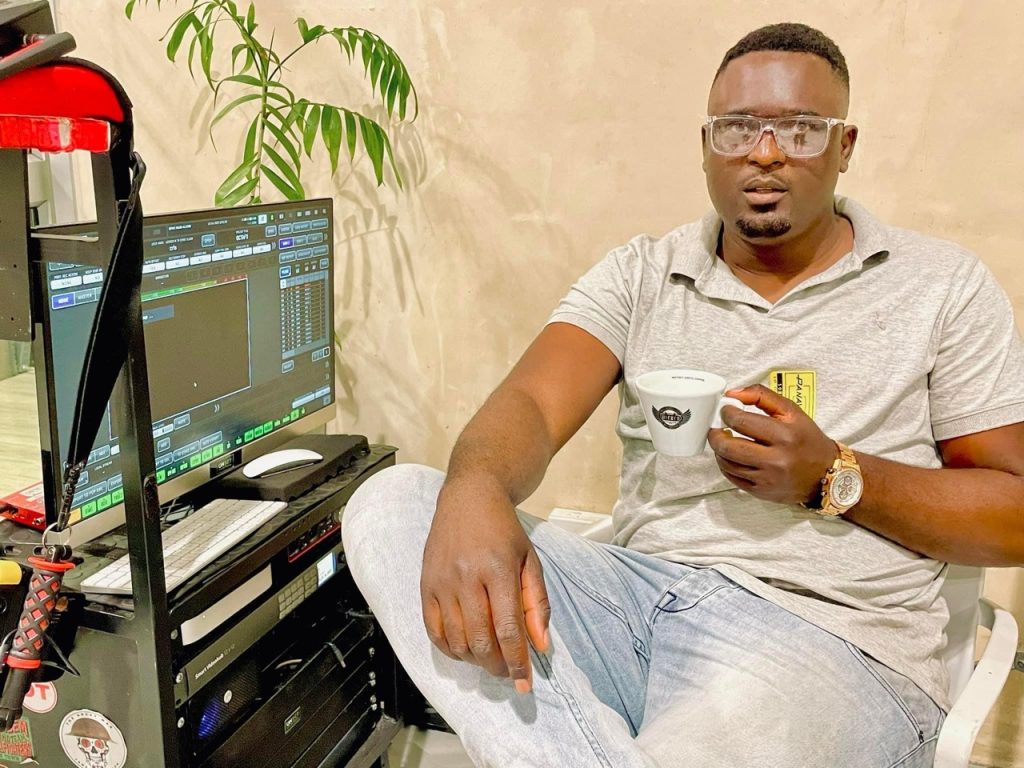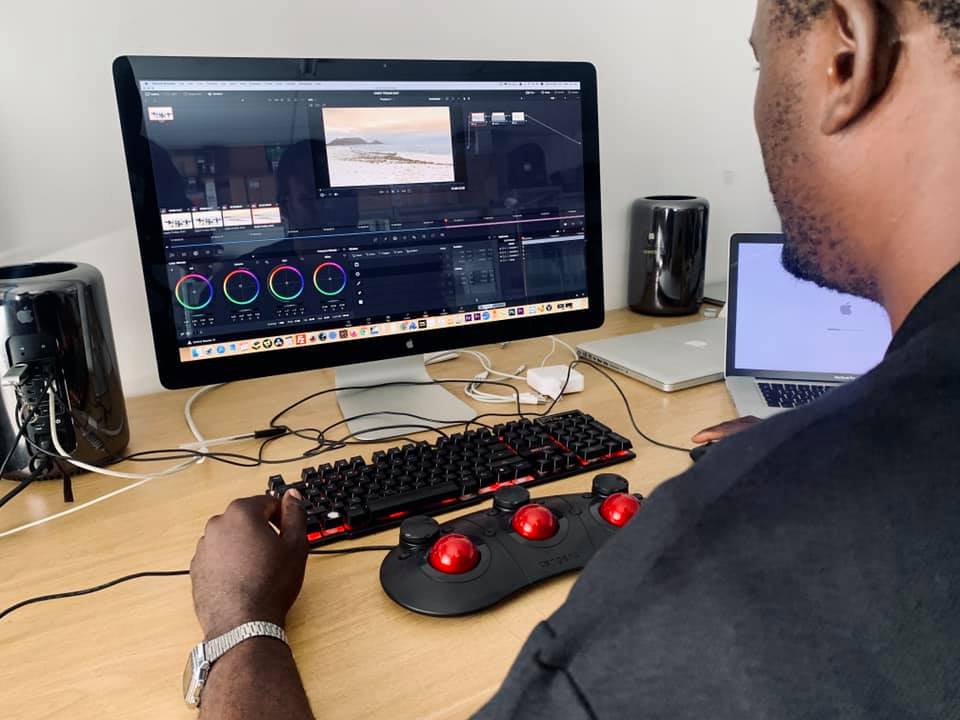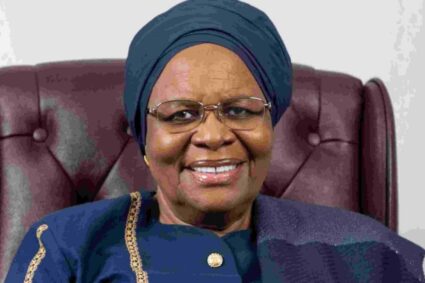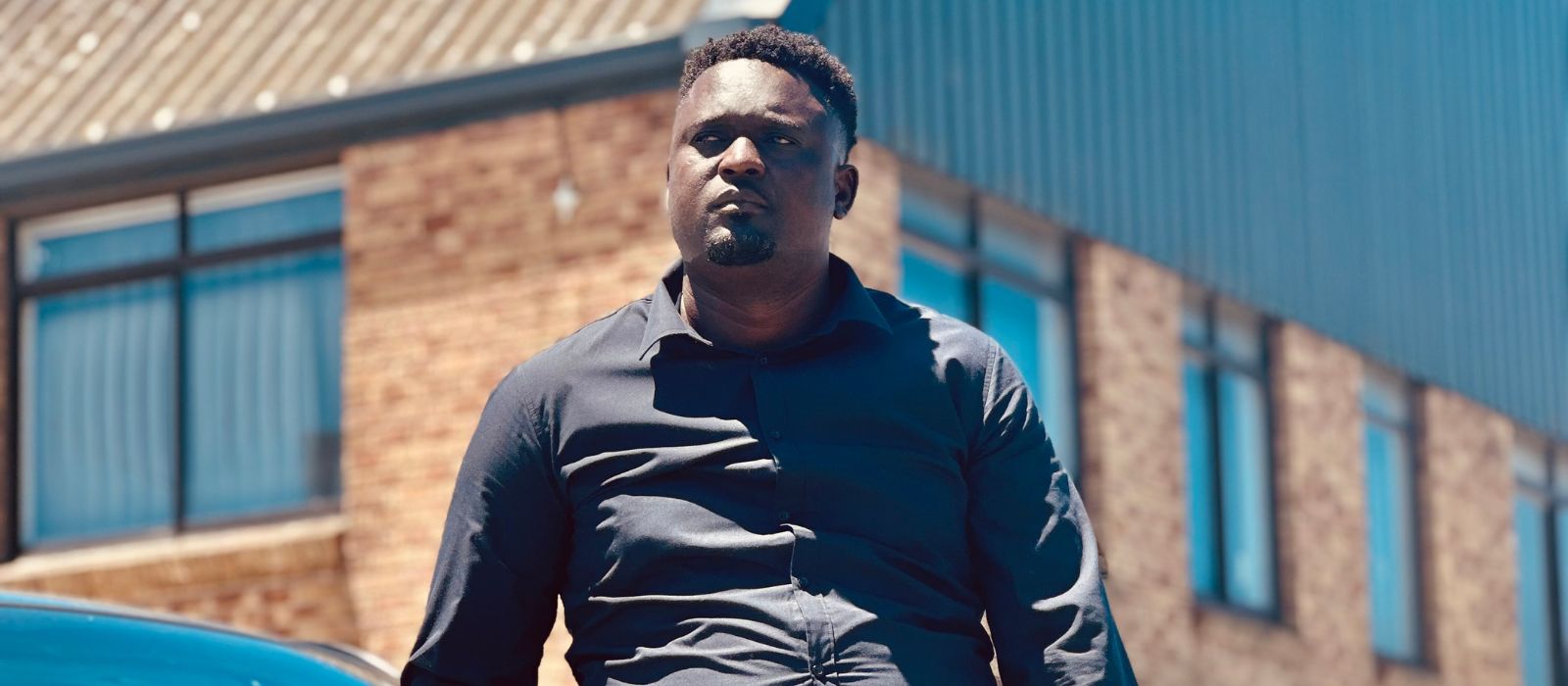
In the bustling world of TV and film production, few names resonate with as much versatility and expertise as Toisen Marirangombe. With a career spanning over 20 diverse projects, Toisen has cemented his reputation as a maestro behind the scenes, specializing in the intricate and often under appreciated roles of the Camera and Electrical Departments.
Toisen’s filmography includes Hollywood hits like The Kissing Booth 2 & 3, Raised by Wolves, Boy Kills World, Sniper, Lincoln, Huntington, and Invasive; Netflix originals such as Blood and Water, Jiva, Fatal Seduction, Umjolo: The Gone Girl, Shaka: King of the Zulu Nation, and Slumber Party; SABC’s Skeem Saam (Cape Town Unit); and his own productions, including Tragedy, Mask Off, The Barista, and Religion vs Genre.
Beyond his impressive portfolio with major studios, Toisen’s entrepreneurial spirit shines through his company, Toisen Studios, a Cape Town-based production house dedicated to crafting compelling stories and producing music.
In this exclusive interview with My Afrika Magazine, Toisen shares insights into his career, the evolving Southern African film landscape, and the values that drive his work.
MAM: Toisen, thank you for agreeing to have this chat with us. You’ve built an impressive career in the TV and film industry, contributing to over 20 projects, including Hollywood blockbusters and Netflix originals. Can you walk us through your journey into this field? What inspired you to specialize in the Camera and Electrical Departments?
TM: The pleasure is all mine, and thank you for giving me this amazing opportunity. I’ve always been fascinated with cameras since an early age. I started by working on a couple of music videos back home for several artists before moving to Cape Town in 2015. It was a bold move, especially since my wife and I had just been blessed with our daughter.
When I arrived in Cape Town, things weren’t as easy as I had hoped. My first experience on a movie set was in craft and catering. A good friend of mine, Marshall Mabhiza, introduced me to the film industry when we worked for Onit Catering. After catering for just one movie, I met my current boss, Cristo of Onset Digital Post—a truly great individual. He noticed my love and passion for the Camera Department and gave me a life-changing opportunity. He allowed me to learn and work as a freelancer. I spent over a year and a half training under him.
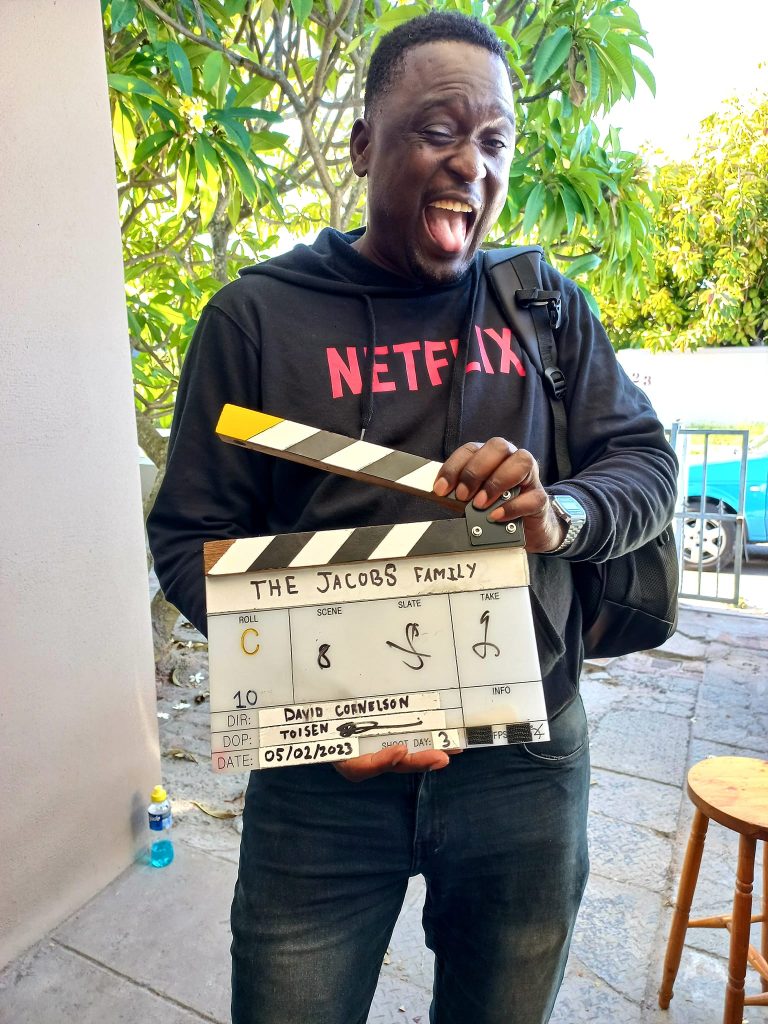
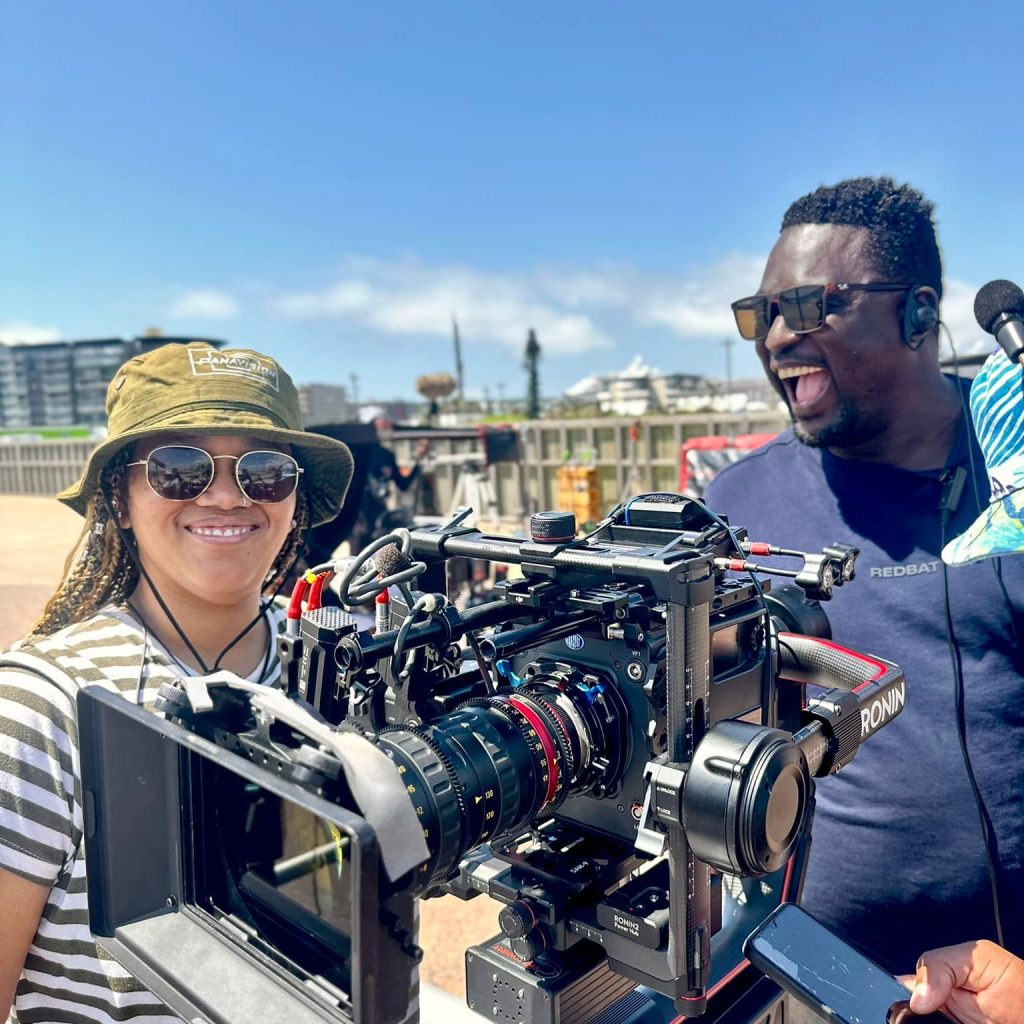
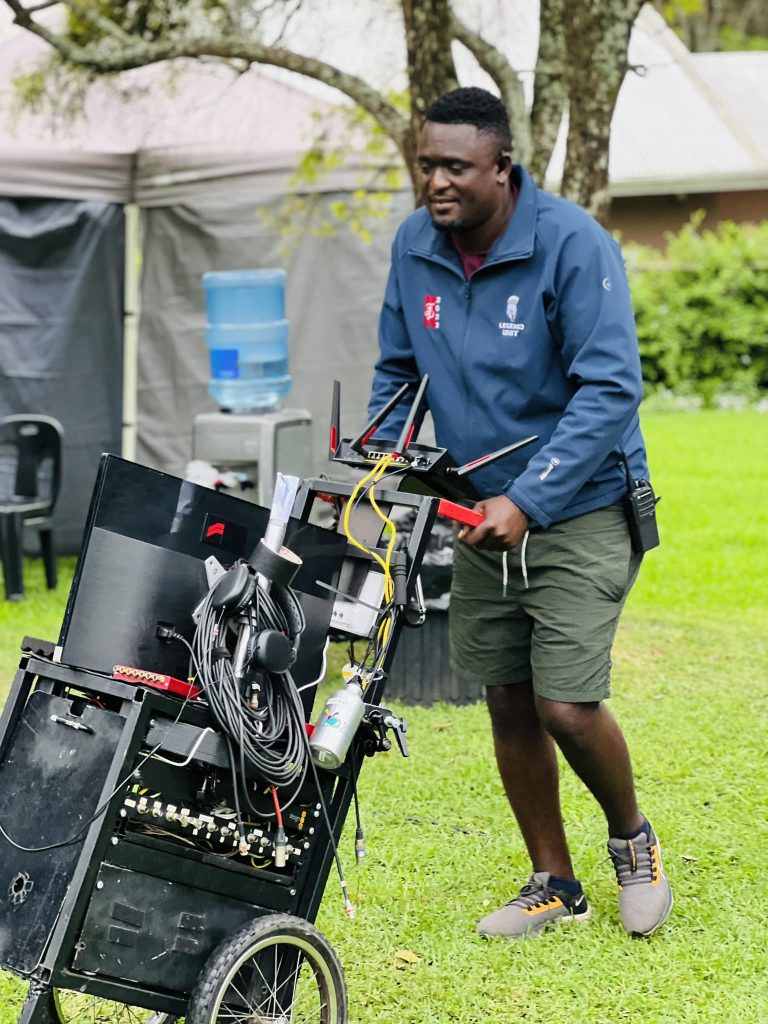
MAM: Your portfolio spans a wide range of genres and platforms, from global hits like Raised by Wolves to South African originals like Blood and Water. How do you adapt to the unique demands of each project?
TM: At Onset Post, we cover roles such as DIT (Digital Imaging Technician), Data Wrangling, and VT (Video Assist). Anyone who has been on a film set will agree that just being there is an inspiring experience. I love and enjoy what I do.
The most important lesson I learned at Onset is that “every project is different, and you must tackle it with care and love as it comes.” While it’s thrilling to work on big international productions, the pressure can be overwhelming. As Cristo always says, “When you’re thrown into deep waters, you either swim or sink.”
There are significant responsibilities that come with our roles, especially as a DIT or VTO. For projects like Raised by Wolves, Boy Kills World, and Great War, I handled Data Wrangling and DIT. Believe me, it wasn’t easy. Every day, I prayed in the morning and after wrapping up. You’re essentially holding the final and only footage of a multi-million-dollar production. A single mistake could cost millions.
MAM: As someone specializing in roles like Data Wrangling, Digital Imaging Technician (DIT), and Video Assist (VT), what are the critical skills or tools that set you apart in the competitive film industry?
TM: The pressure is equally intense on local productions, such as Fatal Seduction, Umjolo: The Gone Girl, Jiva, and Blood and Water. These shows have taught me so much, and I’m grateful for the incredible teams I’ve worked with. The people you collaborate with greatly influence the outcome of any project.
You need a sharp eye, technical expertise, and a good heart to succeed in this industry. Working under pressure can increase the likelihood of mistakes, especially when it comes to handling footage. Staying calm amid chaos is crucial.
It’s also essential to leave a positive impression. After a production ends, people will remember your character and work ethic, which helps you secure future gigs. Be kind, laugh with others, but also know your boundaries because a lot can go wrong.
MAM: What inspired you to start your own production company, Toisen Studios, and what kind of stories or projects do you focus on?
TM: Toisen Studios existed before I joined the big sets. My main goal was to gain as much knowledge as possible from international productions and bring it back to Toisen Studios. We cover a variety of stories and genres, but I want to focus more on gospel storytelling and meaningful narratives that resonate with audiences.
MAM: Your work as a Director of Photography (DOP) on projects like Tragedy and The Barista shows a personal creative touch. How do you approach cinematography when you have full creative control versus when you’re part of a larger production?
TM: Working as a cinematographer at Toisen Studios is an incredible experience, but time management is always my biggest challenge. Most of my projects are self-funded, which means I often have to handle multiple roles myself, as there’s no budget to hire additional crew unless volunteers step in—which rarely happens.
Learning from big-budget sets and applying those lessons to my own projects is rewarding but challenging. Trying to replicate the quality of fully funded productions with limited resources requires immense creativity and persistence.
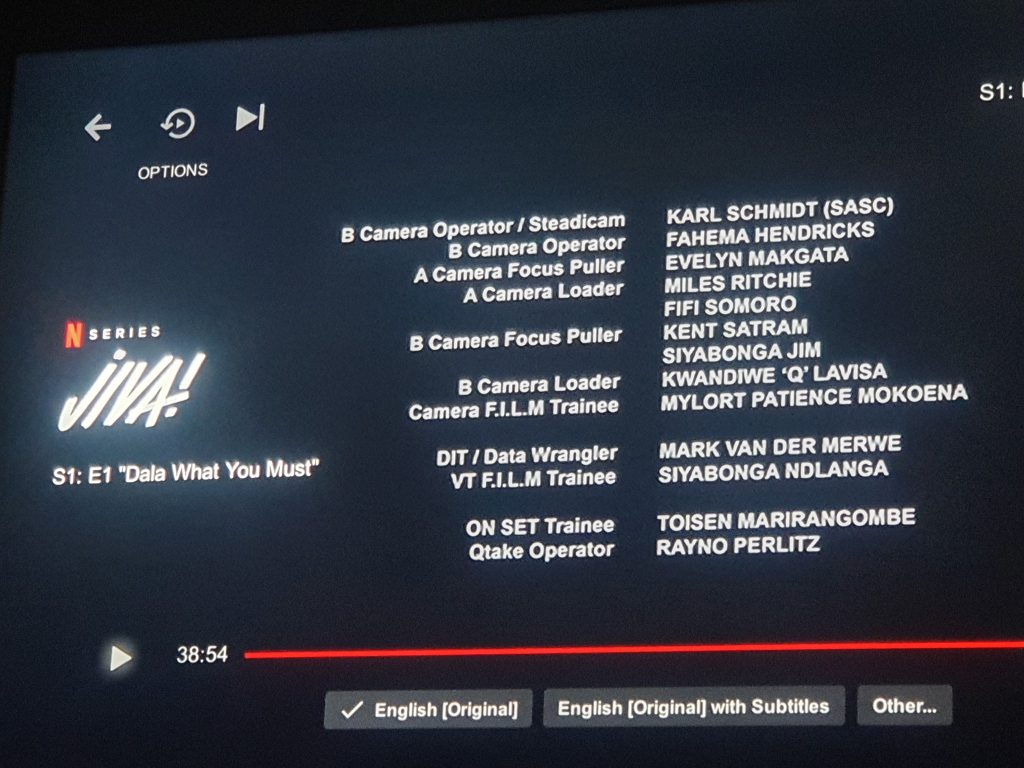
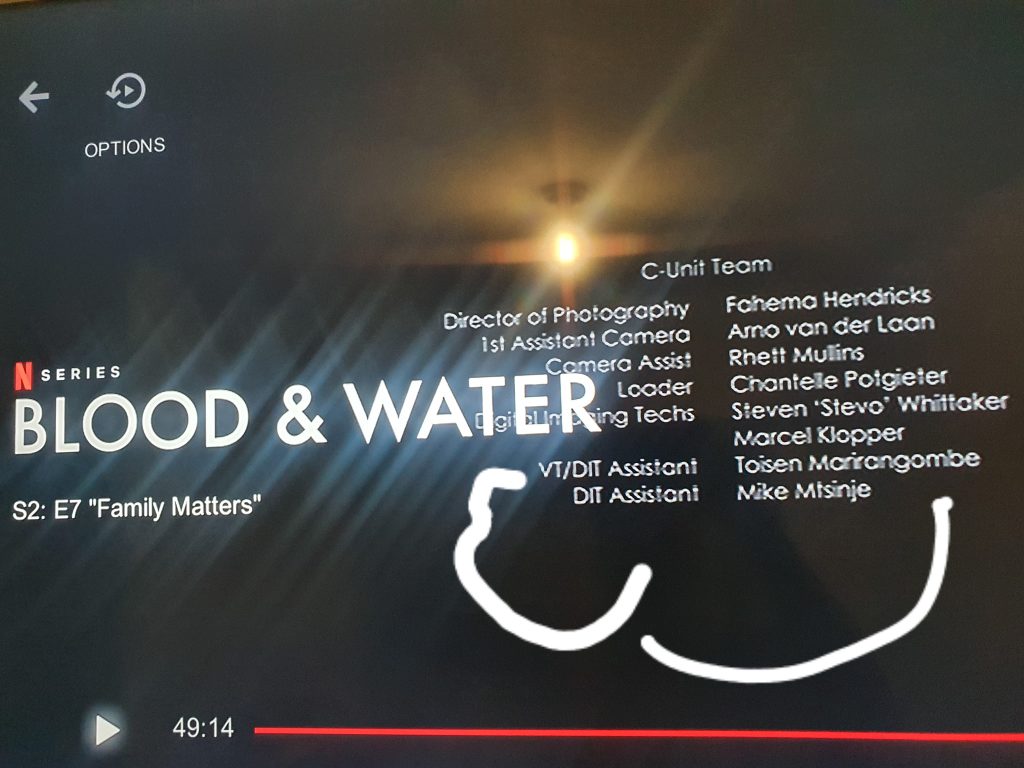
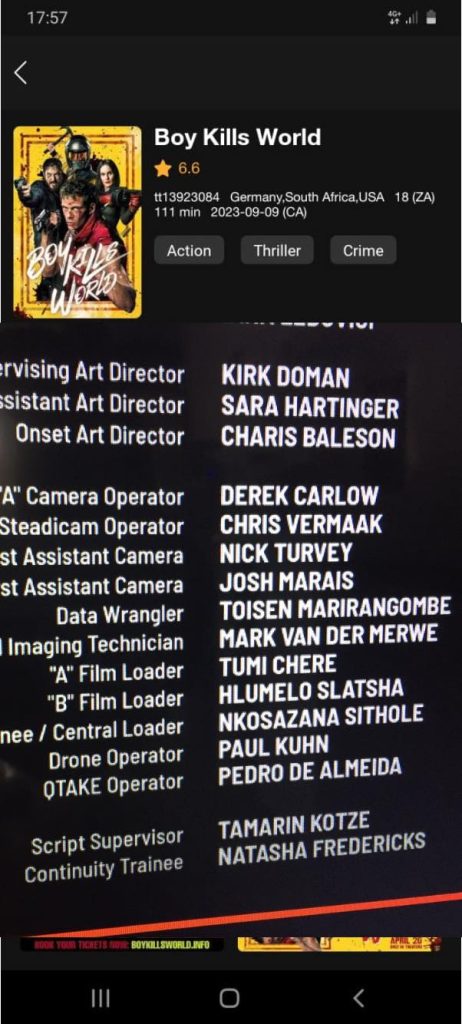
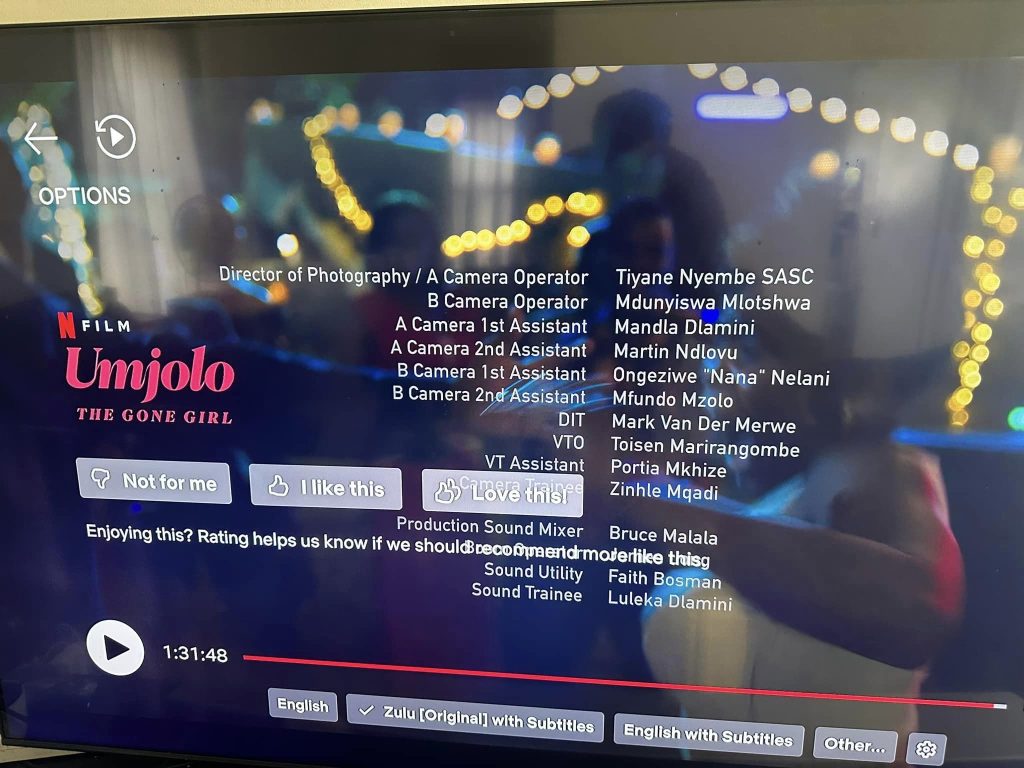
MAM: Do you have any upcoming projects under Toisen Studios that our readers should look out for?
TM: I have several projects lined up, mainly church-related narratives and love stories. I’m venturing deeper into gospel storytelling, blending real-life experiences with fictional elements for entertainment purposes.
MAM: The film industry is known for its demanding schedules. How do you balance your professional life with spending quality time with your family?
TM: Time is our worst enemy in this industry. Balancing work and family is incredibly difficult. Our working hours are grueling—sometimes call times are as early as 4 a.m., and you don’t return home until 8 p.m. By then, the kids are already asleep. It’s tough, but I try to make the most of any free time I have with my family.
MAM: Looking back, what has been the most rewarding project or moment in your career so far, and why?
TM: I don’t have a specific project that stands out as the most rewarding. Every project feels special to me. I learn something new every time, and that constant growth is what I find most rewarding.
MAM: Southern Africa’s film industry is growing rapidly, with platforms like Netflix offering new opportunities. What do you think is needed to further elevate the region’s presence on the global stage, especially now that Zimbabwe is working on a film industry policy?
TM: I was thrilled to hear about Zimbabwe’s film industry policy. This is a game-changer, not just for Zimbabwe but for the African film industry as a whole. Zimbabwe is still a “virgin land” in terms of film production, with countless untold stories ready for the world.
We need to normalize producing more original content, especially in our native languages, which is what global platforms like Netflix are looking for. South Africa has excelled in this area, and I believe Zimbabwe can follow suit.
MAM: What advice would you give to aspiring filmmakers or technicians looking to specialize in the Camera and Electrical Departments?
TM: My advice is simple: the industry is not all roses. Be authentic and stay true to yourself. Develop your skills and remain open to learning.
MAM: Finally, Toisen, where do you see yourself and Toisen Studios in the next five years? What legacy do you hope to leave in the African film industry?
TM: I envision Toisen Studios building a strong presence in Bulawayo, with a dedicated production house. My dream is to acquire old industrial sites along Bulawayo’s Kami Road and transform them into film studios. It’s an ambitious goal, but I believe it’s achievable with God’s help and support from individuals and companies. Zimbabwe has incredible talent, and it’s up to all of us to nurture it.
